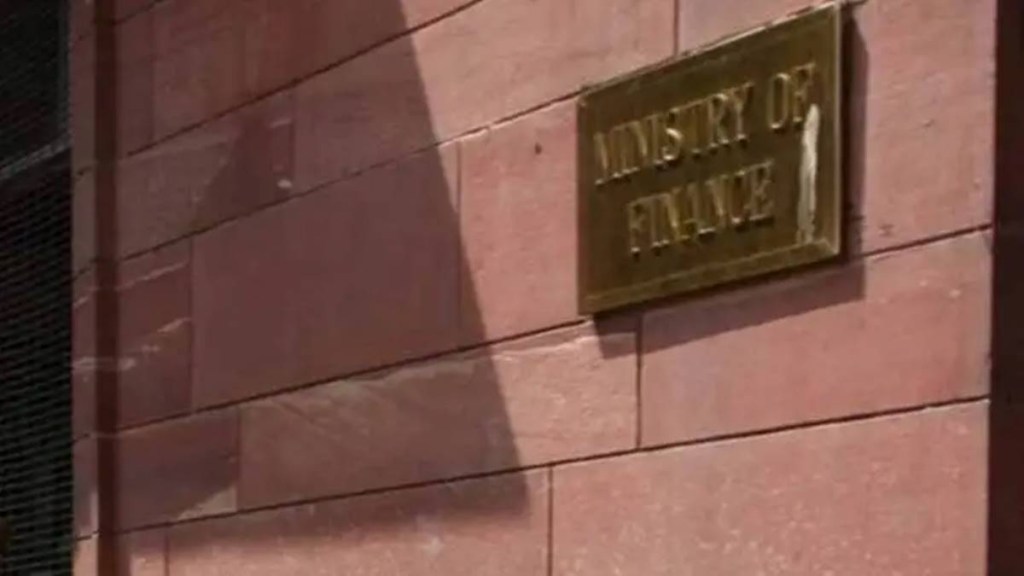The government and the Reserve Bank of India (RBI) will need to show greater vigilance as inflationary pressures may remain elevated in the coming months, the finance ministry said on Tuesday. But it added that the recent price spike of certain food items like tomato is expected to be transitory, thanks to new arrivals in the market and various steps, including preemptive ones, taken by the government.
“Going forward, while domestic consumption and investment demand are expected to continue driving growth, global and regional uncertainties and domestic disruptions may keep inflationary pressures elevated for the coming months, warranting greater vigilance by government and the RBI,” the ministry said, in the Monthly Economic Report for July.
Enhanced provision for capital expenditure by the government was leading to crowding in of private investment, the ministry said, referring to the performance of various high-frequency indicators, which “highlight the emergence of the green shoots of a private capex upcycle.”
Headline CPI-C inflation had spiked to 7.4% in July 2023, with specific food commodities mainly driving the increase, while core inflation stayed at a 39-month low. Russia’s decision to terminate the Black Sea Grain deal, along with dry conditions in major wheat-growing areas, caused the global price spike in cereals. Simultaneously, domestic factors like white fly disease and uneven monsoon distribution exerted pressure on vegetable prices in India.
The ministry noted that rural demand has sustained sequential momentum in Q1FY24, as seen in fast moving consumer goods and two-three-wheeler sales, as a good rabi harvest strengthened purchasing power. “Going forward, increased minimum support prices and prospects of healthy kharif crops will further add strength to the rural demand,” it said.
As for domestic vegetable prices, tomato prices have already started to decline with the arrival of fresh stocks. “Further enhanced imports of tur dal are expected to moderate pulses inflation. These factors, along with the recent government efforts, can soon materialise moderation in food inflation in the coming months,” it said.
The Monetary Policy Committee of the Reserve Bank of India (RBI) on August 10 revised upwards its CPI inflation projection for Q2-FY24 by 1 percentage point to 6.2%. The annual inflation has also been revised upwards to 5.4% for 2023-24 from its earlier estimate of 5.1%.Monsoon rains in August have been deficient by about 7% so far.
“The external sector requires a closer watch to strengthen merchandise export growth in the face of slowing global demand. Services exports continue to do well and are likely to continue doing so as the preference for remote working remains unabated, typically manifested in the proliferation of Global Capability Centres,” the ministry said.
It reiterated that downside risks to global stock markets on account of rising bond yields and anticipation of further monetary tightening might affect stock markets in emerging economies.
Maintenance of macroeconomic stability may be returning as an important policy objective after about a year of relative abatement of macroeconomic headwinds, it added.
The latest review of monetary policy, the MPC decided to keep policy rates unchanged and remained focused on the withdrawal of accommodation to ensure that inflation progressively aligns with the target while supporting growth.
Additionally, the RBI has implemented a temporary Incremental in Cash Reserve Ratio of 10% on banks’ incremental net demand and time liabilities between Ma19 y 2023 and 28th July 2023 to ensure that liquidity levels do not hamper the policy rate transmission mechanism.
The banking-system liquidity slipped into a deficit for the first time since end-March, as the RBI’s temporary liquidity withdrawal and GST outflows impacted banks’ funding. The liquidity stood at a deficit of Rs 23600 crore as of Monday.

